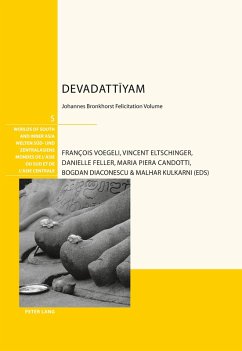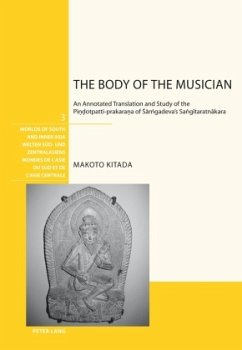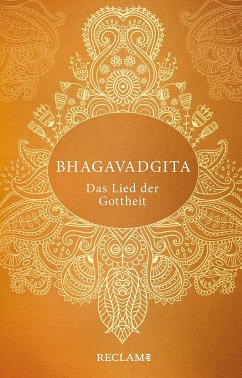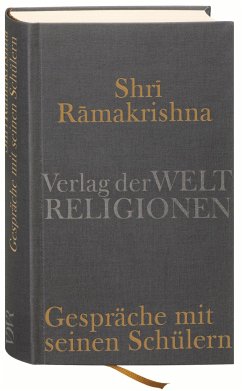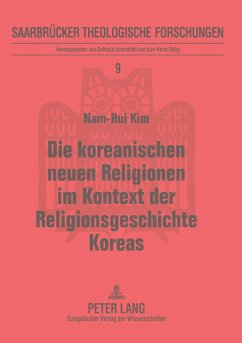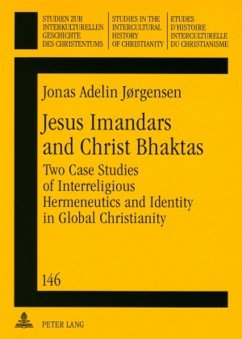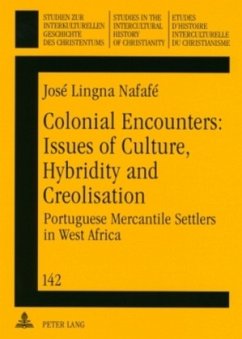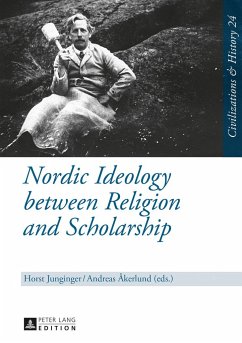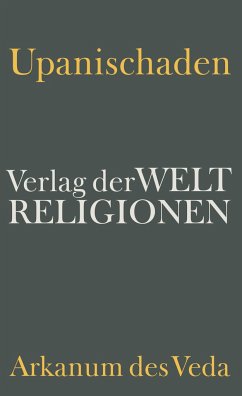
Release from Life - Release in Life
Indian Perspectives on Individual Liberation
Herausgegeben: Bronkhorst, Johannes; Kollmar-Paulenz, Karénina; Bigger, Andreas; Krajnc, Rita; Mertens, Annemarie; Schüpbach, Markus; Wessler, Heinz Werner
Versandkostenfrei!
Versandfertig in 6-10 Tagen
121,20 €
inkl. MwSt.

PAYBACK Punkte
0 °P sammeln!
This volume consists of a collection of studies which are based on papers presented at the symposium «Erlöst leben - oder sterben, um befreit zu werden?» (Zurich, May 2008), organized in honour of Peter Schreiner. It offers a selective overview of individual liberation as dealt with in Indian texts and rituals at different times. Starting from the two prominent approaches to this problem, namely, that of jivanmukti ('liberation in one's lifetime') and that of videhamukti ('liberation beyond the body'), some important questions have to be considered: How has life been thought compatible with...
This volume consists of a collection of studies which are based on papers presented at the symposium «Erlöst leben - oder sterben, um befreit zu werden?» (Zurich, May 2008), organized in honour of Peter Schreiner. It offers a selective overview of individual liberation as dealt with in Indian texts and rituals at different times. Starting from the two prominent approaches to this problem, namely, that of jivanmukti ('liberation in one's lifetime') and that of videhamukti ('liberation beyond the body'), some important questions have to be considered: How has life been thought compatible with moksa? How have 'life' in the concept of the 'liberated living' and 'death' in the concept of the 'disembodied liberated' been conceived by philosophers, poets, religious thinkers, ritual practitioners and social activists?
Coming from various disciplinary backgrounds - Indology, Religious Studies, Social Anthropology - the contributors explore these questions in the context of their particular fields of research. Through this multi-faceted approach, the volume presents an original and substantial analysis of an intriguing topic touching on many aspects of religious and secular life. The careful interpretation of the sources by a group of internationally renowned scholars leads to critical perspectives on some crucial developments in the history of Indian religion.
Coming from various disciplinary backgrounds - Indology, Religious Studies, Social Anthropology - the contributors explore these questions in the context of their particular fields of research. Through this multi-faceted approach, the volume presents an original and substantial analysis of an intriguing topic touching on many aspects of religious and secular life. The careful interpretation of the sources by a group of internationally renowned scholars leads to critical perspectives on some crucial developments in the history of Indian religion.



